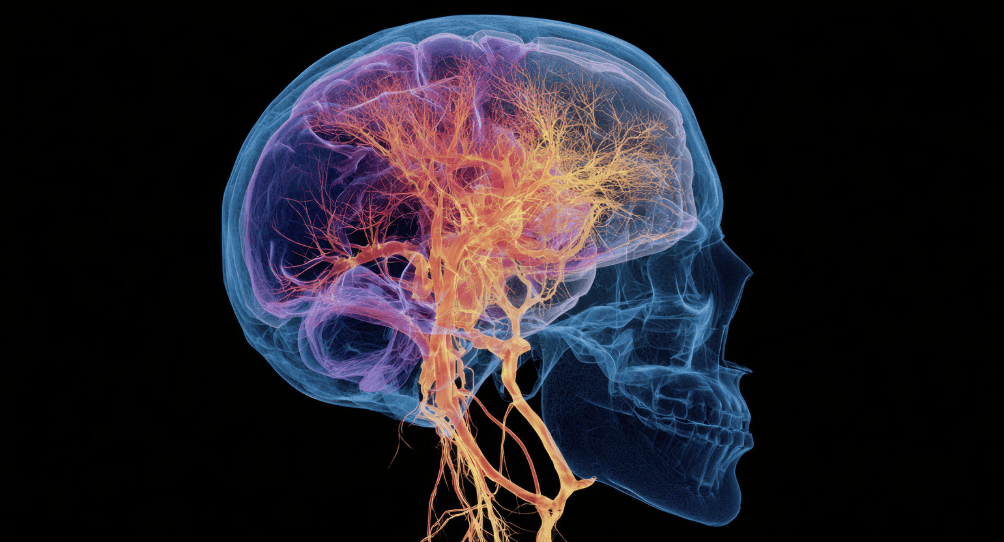Think about your habits.
Not just the bad habits. Consider your neutral habits. And the good ones, too.
The fact of the matter is that we all have a range of habits. Brushing your teeth first thing in the morning is a habit, for example (that’s a good habit). The route you take to work is likely habitual (that’s a neutral habit). Using drugs or alcohol can be a habit (that’s a bad habit).
The thing about habits of all kinds is that they can feel unchangeable and permanent. That’s great when we are talking about good habits, fine when we are talking about neutral habits, and terrible when we are talking about bad habits.
Fortunately, however, habits are not necessarily permanent. Due to a feature of our brains—a feature called neuroplasticity—we can make changes to our habits. In the case of bad habits like those associated with a substance use disorder, this is good news, indeed.
What Is Neuroplasticity?
As a rule, you don’t encounter a word like “neuroplasticity” in daily conversation. You are unlikely to be asked, for example, “Hey, how’s your neuroplasticity treating you?”
But even though it is a big word you don’t hear very often, neuroplasticity is actually pretty easy to understand. The “neuro” part indicates it has to do with your nervous system, which includes your brain. The “plasticity” part indicates that something has the ability to change or to be remolded like plastic. So taken together, “neuroplasticity” refers to the idea that pathways in your brain can be changed over time.
Changing Your Route to Work
Earlier in this entry, we mentioned that the route you take to work each day is likely habitual. That is to say, you likely don’t even think about how to get to work each day. You have done it so many times, you can do it with no effort at all.
Now, let’s imagine that a big construction project pops up on your usual route. You need to find a different path to work, but for the first several days after the construction starts, there is a good chance that you will not remember the need to go a different way. You are in the habit of going one way, and a new construction project cannot change that habit immediately.
Eventually, however, you will start to take your alternate route regularly. You will have changed your habit due to new circumstances. From time to time, you might find yourself trying to go the old way, only to discover the construction is still in your way. You forgot and fell back into an old habit. Soon enough, however, you are back on the new path.
Changing the Route in Your Brain
Now, think of your substance use disorder as a pathway in your brain. When you use drugs or alcohol, you reinforce that pathway over and over—just like a person does when they drive to work the same way each and every day.
Let’s imagine that getting treatment for a substance use disorder is like that construction project that changed your route to work. Treatment—including medically supervised detoxification and a rehabilitation program designed to give you resources and strategies for your recovery—gives you the opportunity to develop new pathways in your brain. These new pathways will not involve using drugs or alcohol.
There is always a possibility that you might end up returning to substance use in the same way a driver might take their old route by mistake. Those old habits can still pop up if a person isn’t vigilant (and sometimes even when they are). But if you do experience a relapse, a return to treatment can continue the work of reinforcing the newer paths in your brain. A relapse is a setback, but it is not the end of the story due to the power of neuroplasticity.
Let Your Path Lead You to Wooded Glen
When you are struggling with drugs or alcohol, you may feel as though there is no path to a substance-free life. The substances are upending nearly every aspect of your life, but efforts to quit on your own are thwarted by the seriousness of withdrawal symptoms. You might feel as though you as stuck between a rock and a hard place with no obvious path forward.
But as we have suggested above, there is a way to move forward. Getting yourself into treatment at Wooded Glen Recovery Center gives you the opportunity to safely go through detox in an environment free of temptations. Detox is followed by rehab built around group and individual therapy sessions designed to help you prepare for your recovery journey. Support and resources will continue to be available to you once your time in treatment comes to an end.
Located in Henryville, Indiana, Wooded Glen Recovery Center provides personalized treatment for substance use disorders and co-occurring mental health disorders like depression, anxiety, or issues grounded in trauma. When you are ready to take full advantage of your neuroplasticity, we are here to help you get on the right path to a better life.

